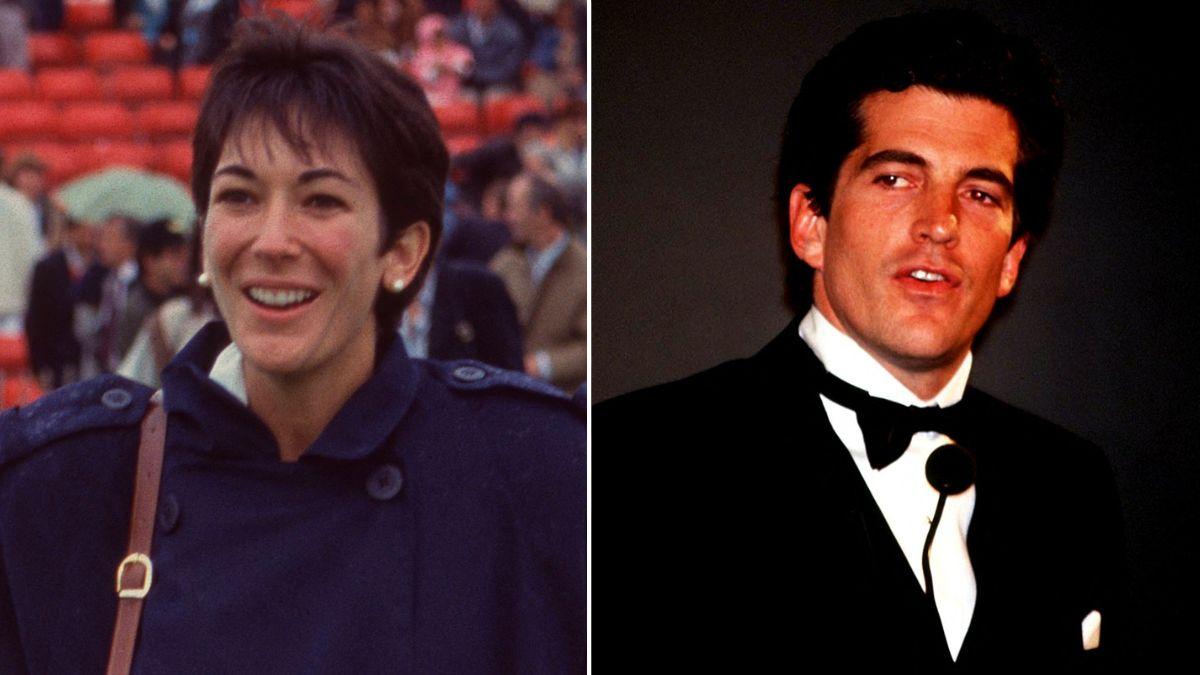EXCLUSIVE: Kim Kardashian's 'Facelift' Masks Spark Sleep Suffocation Warnings From Experts — 'They Are Potential Killers'
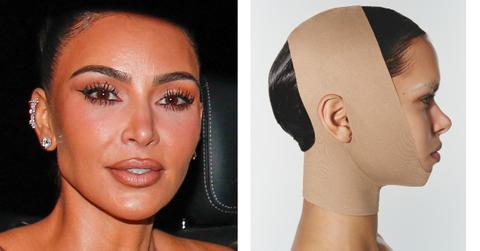
Kim Kardashian's new 'facelift' masks are causing a stir.
Aug. 7 2025, Published 11:00 a.m. ET
Kim Kardashian is being warned her latest beauty product could pose a serious risk to users, with one expert telling RadarOnline.com: "It could be a killer."
The 43-year-old reality star and business mogul launched the Seamless Sculpt Face Wrap through her SKIMS shapewear brand last week, promising it would "lift" and sculpt jawlines overnight.
Retailing at $50, the skin-tight bandage-style wrap is marketed as a non-invasive alternative to cosmetic surgery, but dermatologists say it is part of a dangerous trend, and warn it could suffocate users in their sleep.
A Big Risk
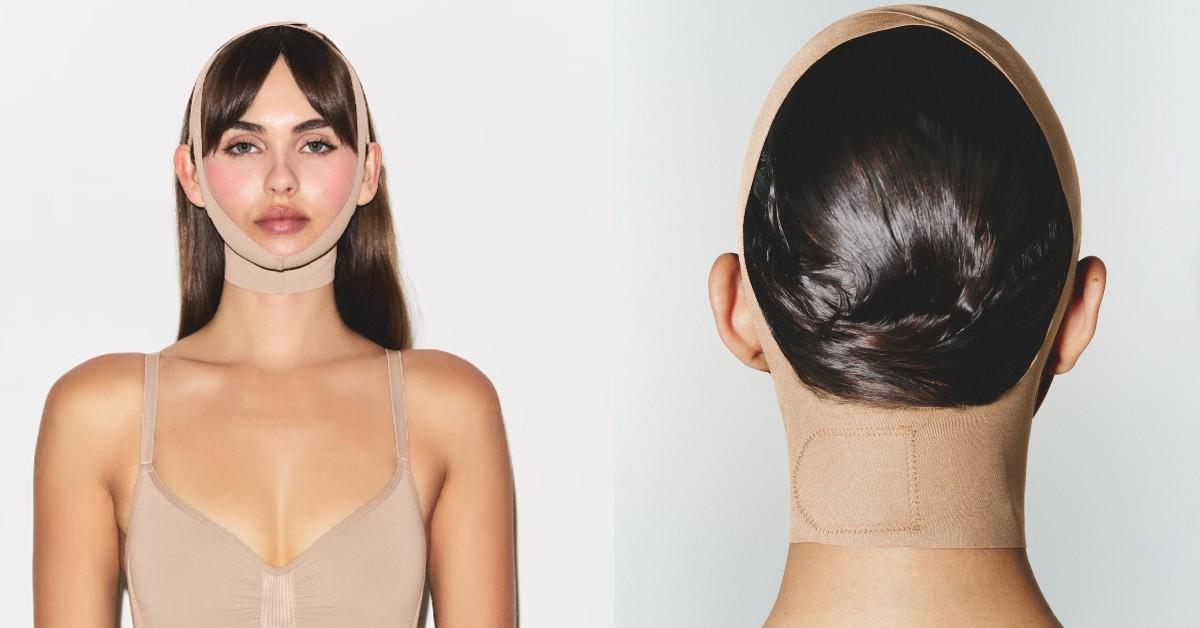
Kardashian launched a face wrap that promised to sculpt jawlines overnight.
The wrap is already a hit on TikTok, where users are incorporating it into what's become known as the "ugly sleep routine" – an elaborate and often extreme nighttime regimen involving face taping, sheet masks, mouth taping, and thick layers of product designed to "mold" the face overnight.
Videos tagged #uglysleeproutine have clocked up millions of views, with one influencer declaring: "The uglier you go to bed, the hotter you wake up."
But leading dermatologist Dr. Anjali Mahto is among the experts to have hit out at the growing trend, calling it both medically questionable and socially harmful.
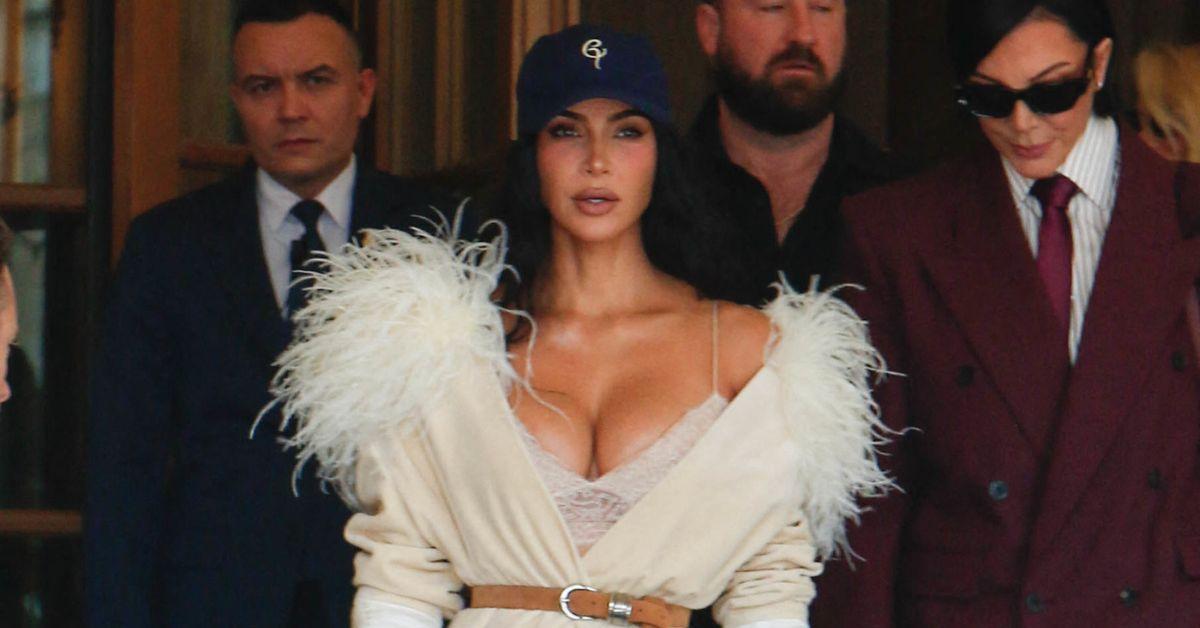
Experts criticized Kardashian's product for promoting harmful trends.
"These rituals are less about results and more about performative perfection," she said. "The face wrap is an imperfect alternative to cosmetic treatments. It can irritate the skin barrier, cause inflammation, and, in some cases, obstruct breathing."
She added: "The trend is being driven by insecurity, not science. Wrinkles are not simply caused by movement. They reflect collagen loss, fat redistribution, and natural aging – things a chin strap cannot reverse."
Along with Kardashian's face wrap, experts say the rise in mouth taping is also extremely worrying. It's the practice of sealing the lips shut with adhesive tape overnight.
Though promoted by wellness influencers and celebrities such as Gwyneth Paltrow, it has sparked alarm among respiratory specialists who warn it can restrict oxygen and increase the risk of suffocation, especially in people with undiagnosed breathing issues.
'Potentially Dangerous'
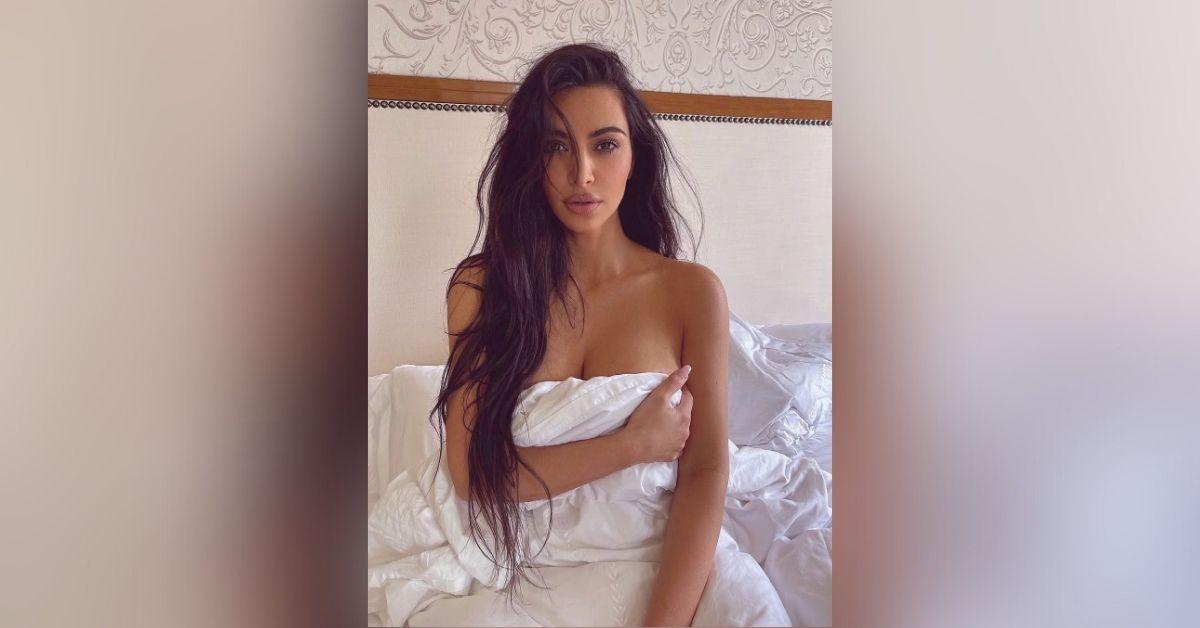
Dr. Cristina Psomadakis advised people to simply wash their face at night.
"There is no proven benefit," Dr. Mahto said. "Anything that limits oxygen intake during sleep is potentially dangerous."
Dr. Brian Rotenberg, an ENT consultant and author of a study at Canada's Lawson Health Research Institute, analyzed 10 clinical reports on mouth taping and concluded it is medically inappropriate for most people.
"Mouth taping is a contemporary practice that is often celebrity-endorsed, but is not necessarily scientifically accurate," he said. "In some cases, it can lead to serious health harm."
Other dermatologists have criticized the layering of adult-strength skincare products – such as exfoliating acids and retinoids – on teenage skin, saying it is not only unnecessary but risky.
Dr. Cristina Psomadakis blasted: "I think most dermatologists will tell you the biggest problem they see is people overdoing it by following skin trends, or layering on products that should not be combined. The best thing you can do at night is wash your face. That's enough."

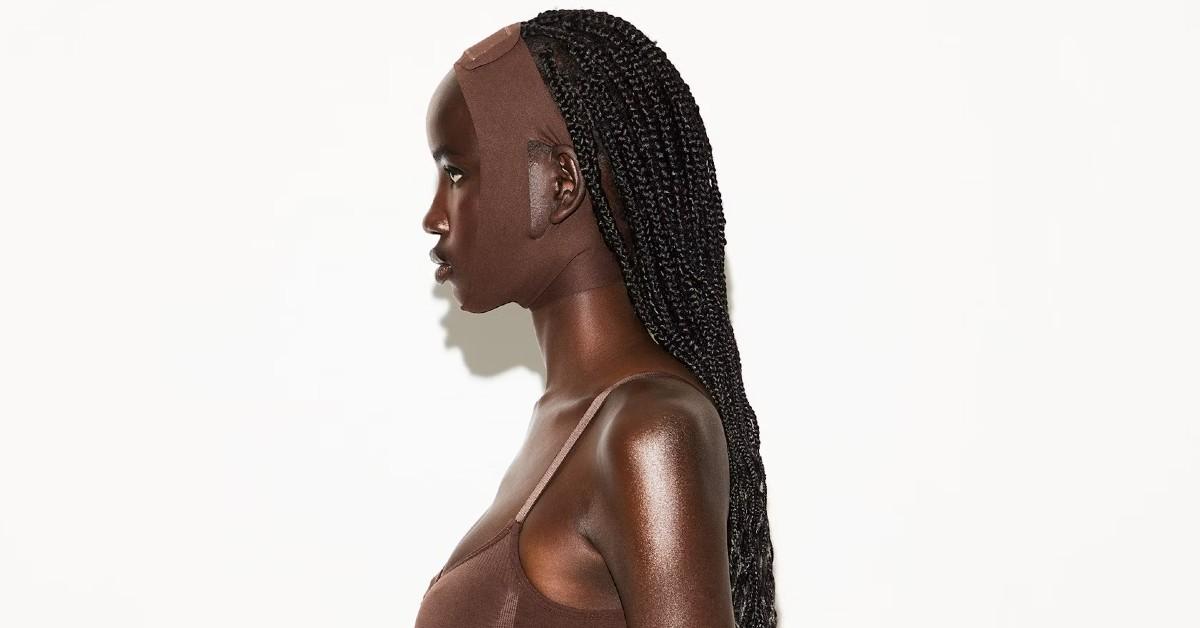
SKIMS sold out of the face wrap within 48 hours.
The British Association of Dermatologists also issued guidance, warning that occlusive products such as face wraps, neck straps, and overnight masks can cause breakouts, allergic reactions, and skin barrier damage, particularly in younger users.
Despite the warnings, Kardashian's face wrap sold out within 48 hours, and SKIMS has announced plans to restock due to demand. But critics say the brand's messaging ignores the health risks behind the aesthetic.
Dr. Mahto added: "It's being sold as self-care, but it's pushing dangerous beauty standards to vulnerable consumers in disguise."
